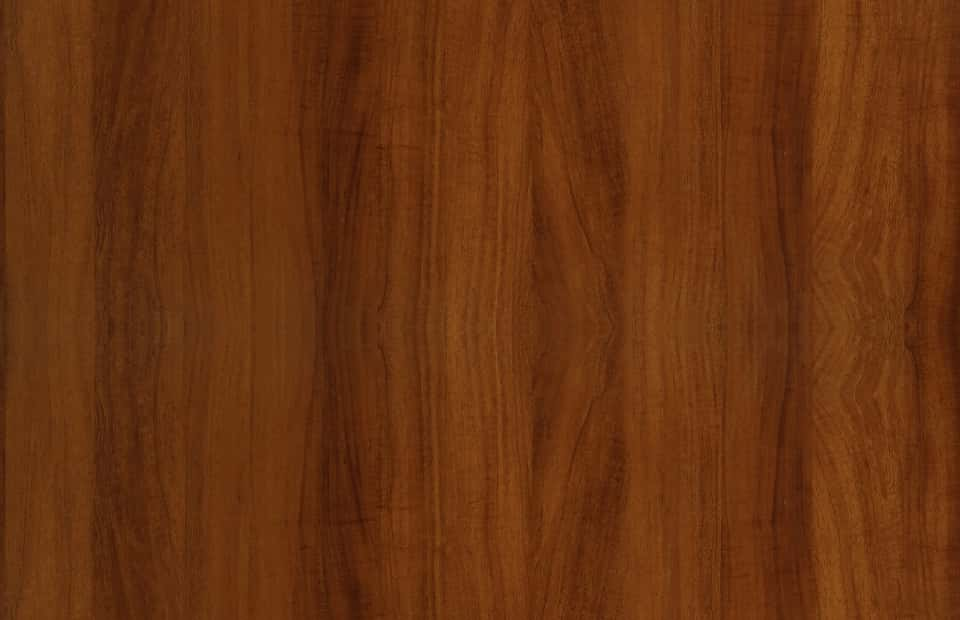When it comes to selecting the right materials for construction projects, especially those related to marine or outdoor environments, durability and strength are crucial factors to consider. Marine plywood is often favored in such situations due to its unique composition and properties that make it more resistant to moisture and other environmental challenges compared to regular wood. However, the question arises whether marine plywood is actually stronger than standard wood.

One of the primary distinctions between marine plywood and conventional wood lies in their manufacturing processes. While standard wood typically consists of solid pieces of timber, marine plywood is made by gluing together several layers of thin veneers, known as plies. These plies are alternated in a crisscross pattern to enhance the overall stability and strength of the material. This cross-grain construction not only provides a high level of structural integrity but also makes marine plywood less prone to warping and cracking when exposed to fluctuating conditions.
Another aspect contributing to the superior strength of marine plywood is its ability to withstand moisture. The adhesives used in marine plywood production are water-resistant, which means the material can maintain its integrity even when exposed to prolonged periods of dampness. In contrast, traditional wood is more susceptible to water damage, leading to swelling, rotting, and a significant decrease in its load-bearing capacities.

In terms of weight, marine plywood is denser than standard wood due to its layered structure. This density not only adds to its strength but also allows it to offer better soundproofing qualities compared to regular wood. Moreover, the surface of marine plywood is smoother and more uniform, making it an ideal choice for applications requiring a fine finish, such as boat interiors or high-end furniture pieces.
The strength of marine plywood is further reinforced by its classification system. Different grades and thicknesses of marine plywood are available, catering to specific project requirements. For instance, options like marine plywood 1/2 inch, 4×8, 5/8 inch, 6mm, 710, and 8×4 offer various levels of thickness and size, allowing for greater flexibility in usage.

Despite these advantages, it is essential to note that the strength of marine plywood can be affected by the quality of the raw materials and the production standards followed during its manufacture. Ensuring that the marine plywood being used is from a reputable source and meets industry specifications will guarantee optimal performance.
In comparison to traditional wood, marine plywood’s enhanced resistance to moisture, greater dimensional stability, higher density, and range of customizable options make it a superior choice in terms of strength and durability. Its unique attributes enable it to thrive in demanding environments where regular wood may fail, proving it to be a more robust material for specialized applications.
In conclusion, while both marine plywood and regular wood have their respective advantages, when it comes to strength and resilience, marine plywood undoubtedly outshines its counterpart. Its ability to withstand moisture, maintain shape, offer greater density, and cater to specific requirements through its variety of grades and dimensions, makes it a top choice for marine and outdoor construction needs.
















